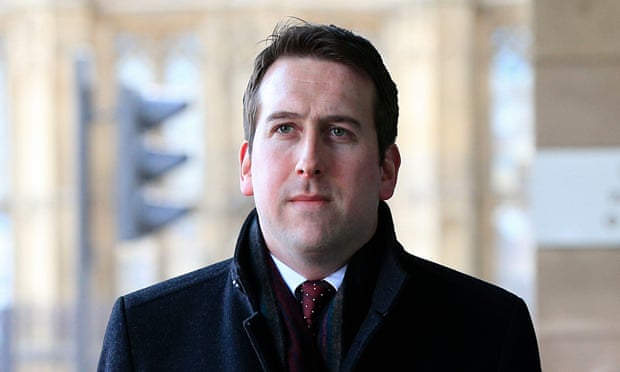Users of Google who put extremist-related entries into the search engine are to be directed towards anti-radicalisation links under a pilot programme, MPs have been told by an executive for the company. The initiative, aimed at countering the online influence of groups such as Islamic State, is running alongside another pilot scheme designed to make videos posted by extremists easier to identify.
The schemes were mentioned by Anthony House, senior manager for public policy and communications at Google, who was appearing alongside counterparts from Twitter and Facebook at a home affairs select committee hearing on countering extremism. “We should get the bad stuff down, but but it’s also extremely important that people are able to find good information, that when people are feeling isolated, that when they go online, they find a community of hope, not a community of harm,” he said.
All three were challenged by MPs about the extent of their companies’ roles in combating the use of social media by groups such as Isis for propaganda and recruitment purposes.
Committee chairman Keith Vaz asked how many people are in the sites’ “hit squads” that monitor content. He was told Twitter, which has 320 million users worldwide, has “more than 100” staff. The Facebook and Google executives did not give a number.
Simon Milner, Facebook’s policy director for UK and Ireland, Middle East, Africa and Turkey, said that the site has become a “hostile place” for Isis: “Keeping people safe is our number one priority. Isis is part of that, but it’s absolutely not the only extremist organisation or behaviour that we care about.” He added that Facebook recognised from research that people did not typically get radicalised exclusively online – rather, it was a combination of real-world and online contact – and was working as a result with groups in society such as Imams.
The three were also questioned about the thresholds they apply on notifying authorities about terrorist material identified by staff or users. Labour MP Chuka Umunna asked: “What is the threshold beyond which you decide … that you must proactively notify the law enforcement agencies?”
House and Milner said their threshold was “threat to life”, while Nick Pickles, UK public policy manager at Twitter, told the MPs: “We don’t proactively notify. Because Twitter’s public, that content is available, so often it’s been seen already.”
Pickles also stressed that decisions on whether to notify account holders that they were under investigation were “context specific” and insisted that Twitter worked with authorities to ensure that they do not disrupt investigations.
guardian.co.uk © Guardian News & Media Limited 2010
Published via the Guardian News Feed plugin for WordPress.
Google to divert extremist searches to anti-radicalisation websites












0 comments:
Post a Comment